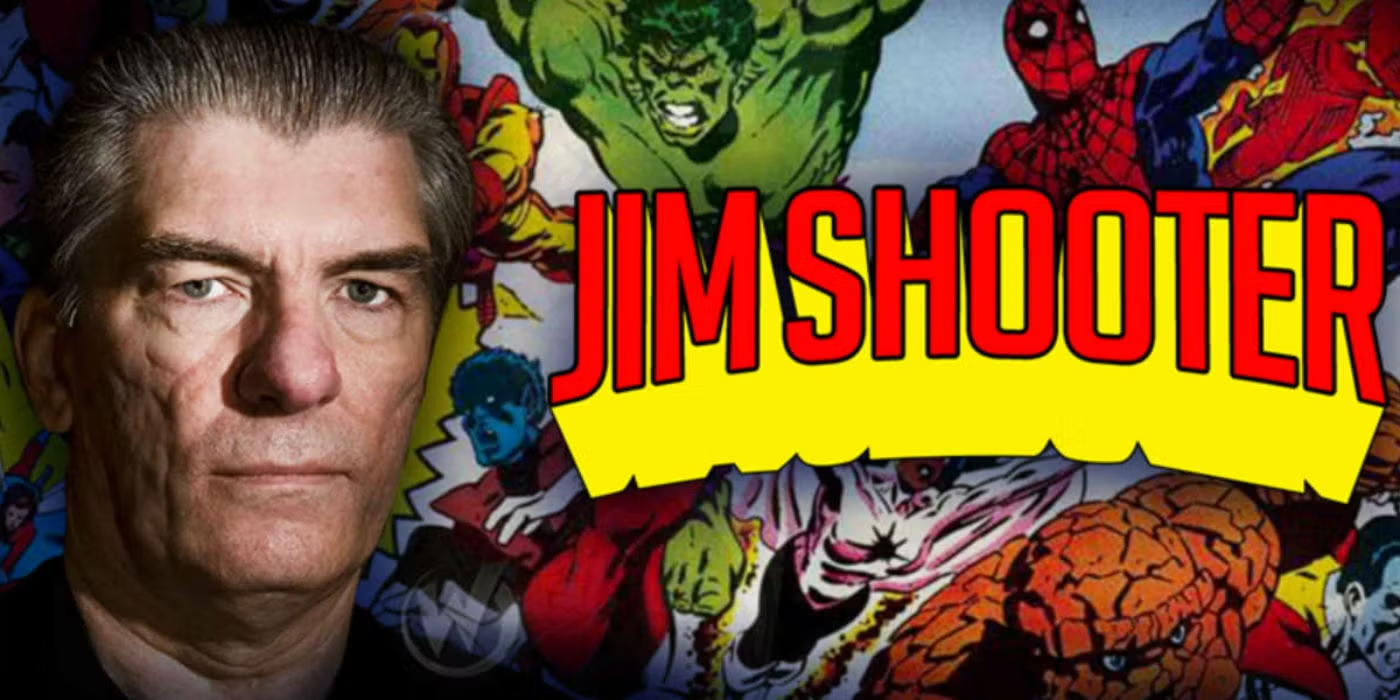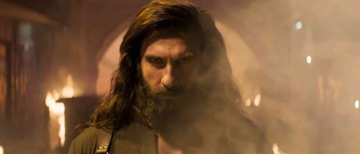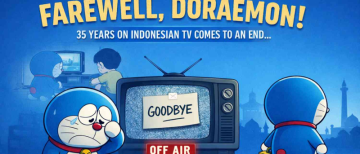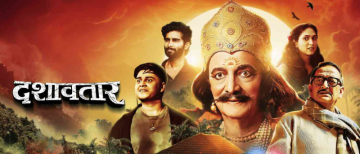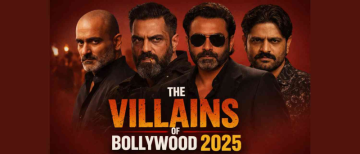Pittsburgh-born Jim Shooter (September 27, 1951 – June 30, 2025) passed away yesterday at the age of 73, after a battle with esophageal cancer Shooter was best known as the influential—and sometimes divisive—Editor‑in‑Chief of Marvel Comics in the 1980s. His leadership helped transform Marvel during a time of crisis, ushering in an era of bold storytelling and higher-quality comic books.
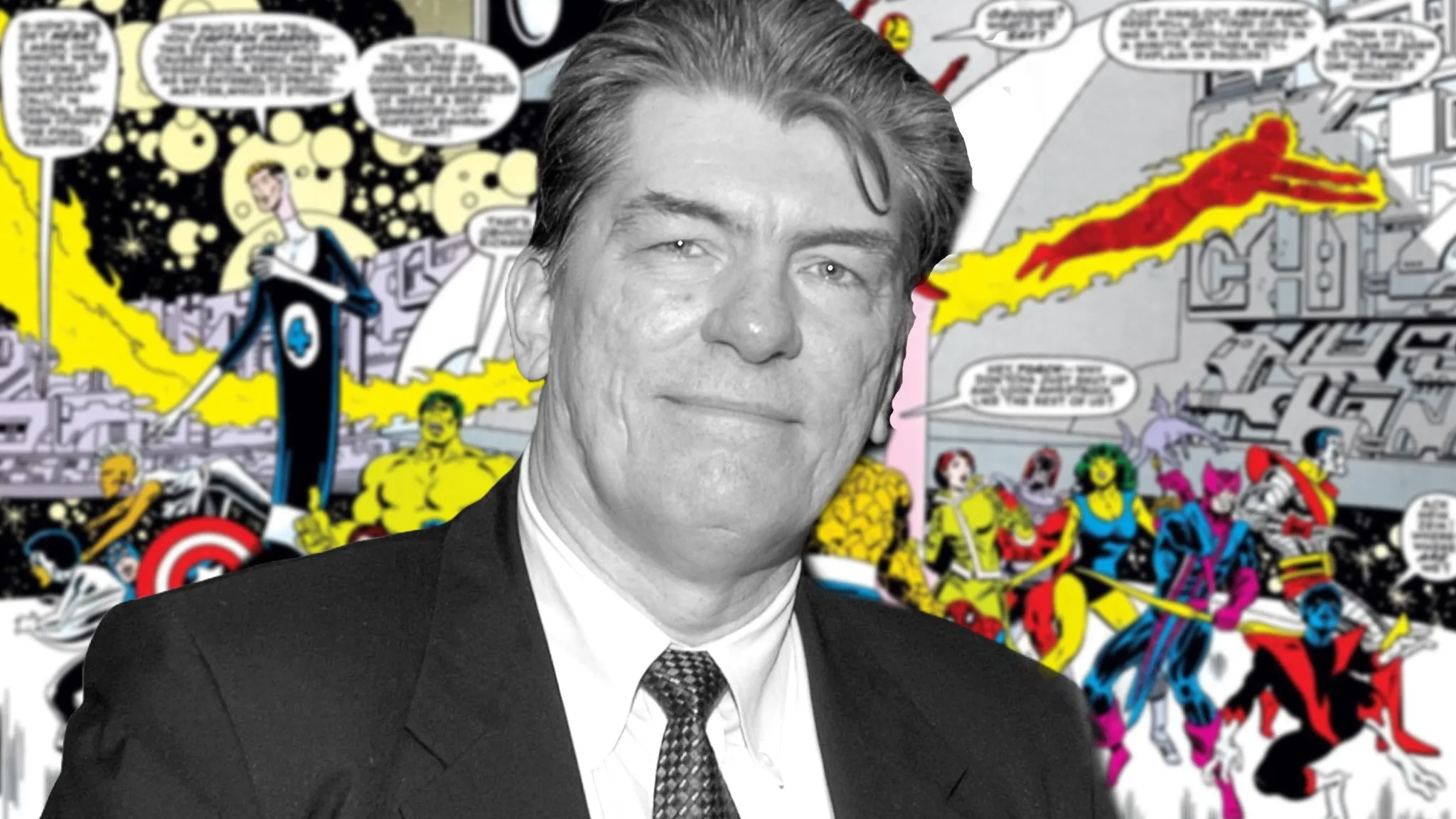
A Prodigy from the Start
Shooter’s journey began early. At just 13 or 14, he submitted a hand‑drawn Legion of Super‑Heroes story to DC Comics editor Mort Weisinger. His work was accepted, and he began writing professionally for Adventure Comics and Action Comics while still a teenager .This youthful start showed his ambition and talent, and marked the beginning of a career that would span more than five decades.
Taking Charge at Marvel
In 1976, Shooter joined Marvel as an associate editor and writer. By 1978, at just 26, he became Editor‑in‑Chief. Marvel was in trouble: late issues, sloppy storytelling, and masked creativity. Under Shooter’s leadership, the company introduced firm editorial guidelines, enforced on‑time releases, and established creator royalties—earning him both respect and criticism.
Building the 80s Boom
Shooter oversaw Marvel’s creative revival. He supported iconic runs such as Chris Claremont and John Byrne’s Uncanny X‑Men, Frank Miller’s Daredevil, and Walt Simonson’s Thor .
A major highlight was launching 1984’s Marvel Super Heroes Secret Wars—the industry’s first line‑wide crossover event. It reshaped the business and introduced Spider‑Man’s black costume, which eventually became Venom.
His vision also led to notable initiatives like graphic novels, direct‑market titles (Dazzler #1), the Epic creator‑owned imprint, and the New Universe—Marvel’s attempt to create a grounded superhero world.
A Style That Divided Opinion
Shooter’s approach—firm rules, tight control, and an insistence on quality—proved successful in many ways. Yet some creators felt stifled or blamed him for dismissing characters, like his role in limiting LGBTQ representation and forbidding John Byrne from making Northstar openly gay. His firing in 1987 reflected those tensions .
Still, many respected him. Mark Waid, a fellow comics legend, described Shooter as “inspirational,” noting that despite Shooter’s controversial reputation, Waid’s admiration for his teenage writing never wavered .
_1751351270.png)
New Ventures and Lasting Impact
After leaving Marvel, Shooter co‑founded Valiant Comics in 1989. There he helped launch characters like X‑O Manowar, Harbinger, and Bloodshot—turning Valiant into America’s third‑largest comics publisher by the early 1990s . He also started Defiant Comics and Broadway Comics, although those ventures did not last long.
Despite ups and downs, Shooter always returned to comics—writing, consulting, and attending conventions well into his later years .
What Made Him Special
-
Early talent and grit – Starting at 14 and rising to run Marvel by 26 highlighted his extraordinary abilities.
-
Professionalizing comics – He made schedules, quality control, and creator rights a priority—shifting the industry toward a more mature model .
-
Bold publishing moves – With Secret Wars, graphic novels, and line‑wide strategies, he reinvented how comics were planned and sold.
-
Champion of new creators – He provided first breaks to Frank Miller, John Byrne, Bill Sienkiewicz, and others.
-
Controversial editorial methods – His tight control sparked debate and dissent even as it raised standards.
A Balanced Legacy
Jim Shooter is seen by many as a pioneer who saved Marvel and pushed the comics industry forward. Others remember him as too authoritarian and not always supportive of creative freedom and inclusivity.
Yet almost everyone agrees on his impact: he published influential stories, launched groundbreaking companies, and changed how comic‑books were made and perceived.
Final Words
Jim Shooter once said he cared deeply about crafting stories that respected readers’ intelligence. He believed comics could be both entertaining and meaningful. His long career—with its successes and controversies—shaped not just Marvel, or Valiant, but the entire modern comics landscape. He trained a generation of creators, inspired thousands of fans, and left behind a legacy as complex and compelling as any comic‑book epic.
Shooter leaves behind his family, a large community of fans, and a mixed—but undeniable—legacy in pop‑culture history.
With inputs from agencies
Image Source: Multiple agencies
© Copyright 2025. All Rights Reserved Powered by Vygr Media.

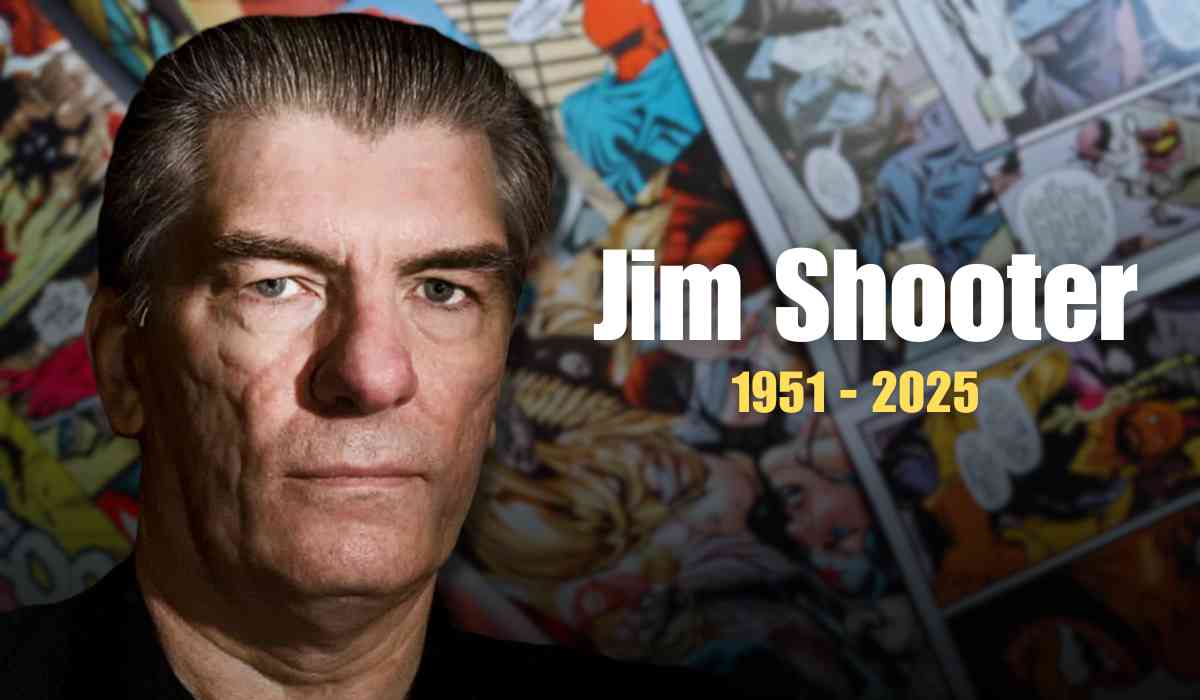

_1751350949.png)
